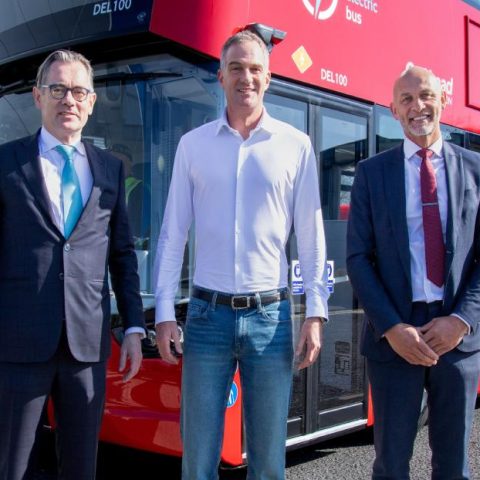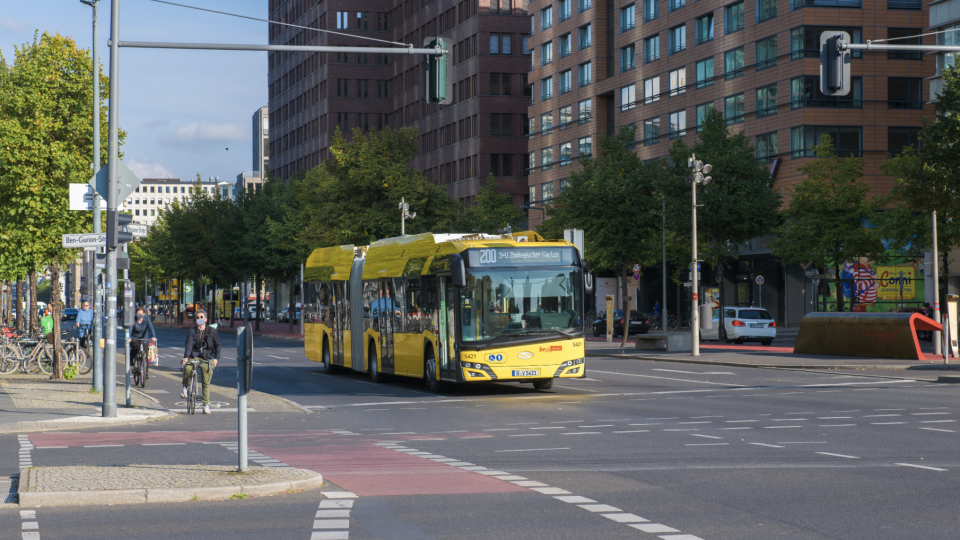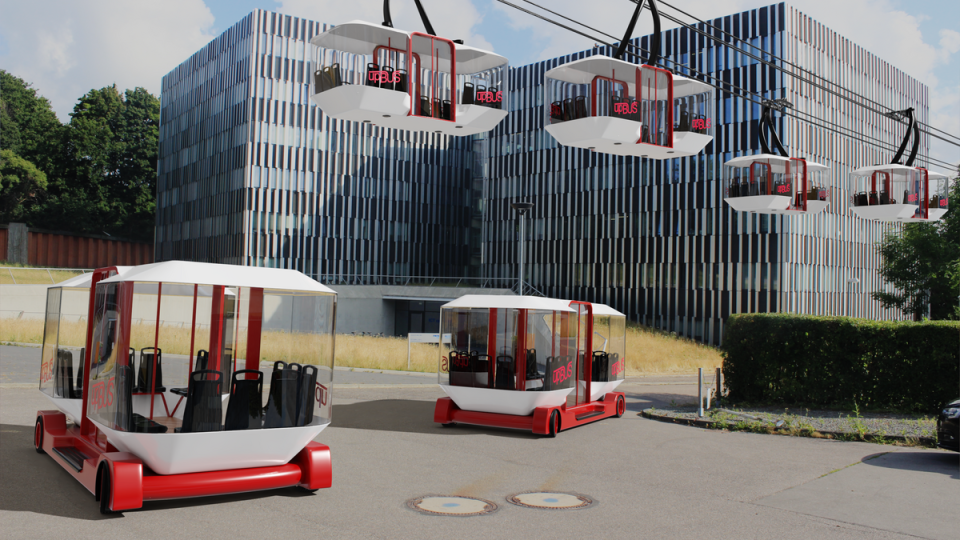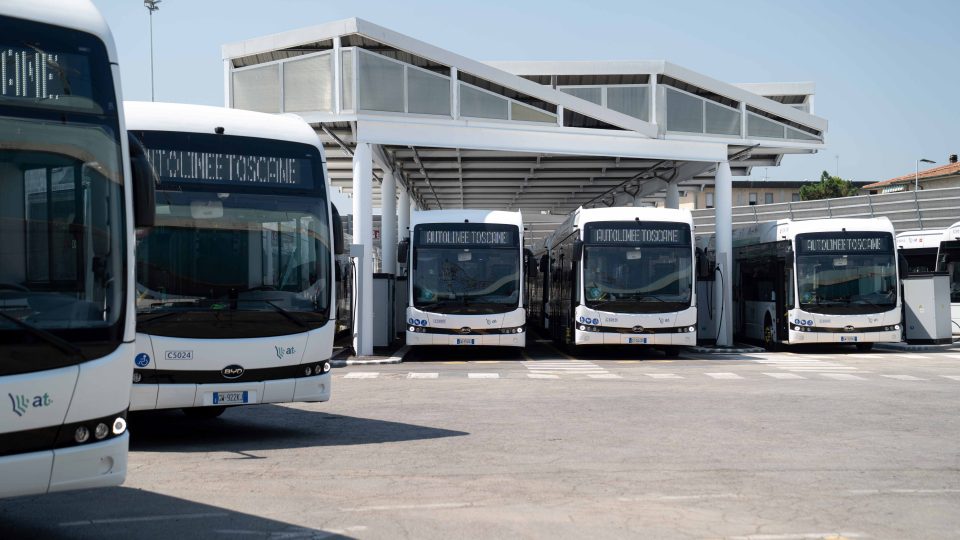Wrightbus £25 million R&D investment announced, including development of hydrogen coach
UK bus manufacturer Wrightbus has announced a £25 million research and development investment to accelerate the evolution of zero-emission public transport, with a strong focus on both battery electric and hydrogen fuel cell technologies. The investment includes £10 million dedicated to the continued development of the Wrightbus StreetDeck Electroliner, a battery-electric model available in single […]

UK bus manufacturer Wrightbus has announced a £25 million research and development investment to accelerate the evolution of zero-emission public transport, with a strong focus on both battery electric and hydrogen fuel cell technologies.
The investment includes £10 million dedicated to the continued development of the Wrightbus StreetDeck Electroliner, a battery-electric model available in single and double-decker formats.
In addition to electric buses, Wrightbus is investing £5 million in the development of a hydrogen-powered coach, planned for release within 18 months. “Capable of travelling up to 1,000km on a single refuel, it will rival diesel coaches in range and efficiency and make long-distance travel greener without compromising on performance or convenience”, Wrightbus says.
Wrightbus is developing a hydrogen coach
Further £5 million R&D funding will be directed towards product validation and advanced vehicle testing, as well as the development of a real-time telematics system (another £5 million). The system aims to support predictive maintenance, optimise operations for fleet managers, and extend the service life of vehicles by using AI-based data analytics.
Science Secretary Peter Kyle welcomed the Wrightbus R&D investment during a visit to the company’s Ballymena headquarters.
Wrightbus reported that its fleet of over 1,800 zero-emission vehicles has now travelled more than 50 million miles, preventing an estimated 85,000 tonnes of CO₂ emissions compared to diesel alternatives. The company plans to produce 1,200 buses in 2025, with around 95% of them expected to be battery electric vehicles. Wrightbus also maintains a strong supply chain presence across the UK and Europe, working with partners in countries including France, Germany, the Netherlands, and Ireland.
CEO Jean-Marc Gales described the investment as Wrightbus’ largest ever R&D commitment and a key step in maintaining momentum as demand for zero-emission vehicles continues to grow. He credited innovation as a driving force behind the company’s transition from diesel to clean propulsion technologies within a five-year period, positioning Wrightbus at the forefront of the UK’s green manufacturing landscape.









